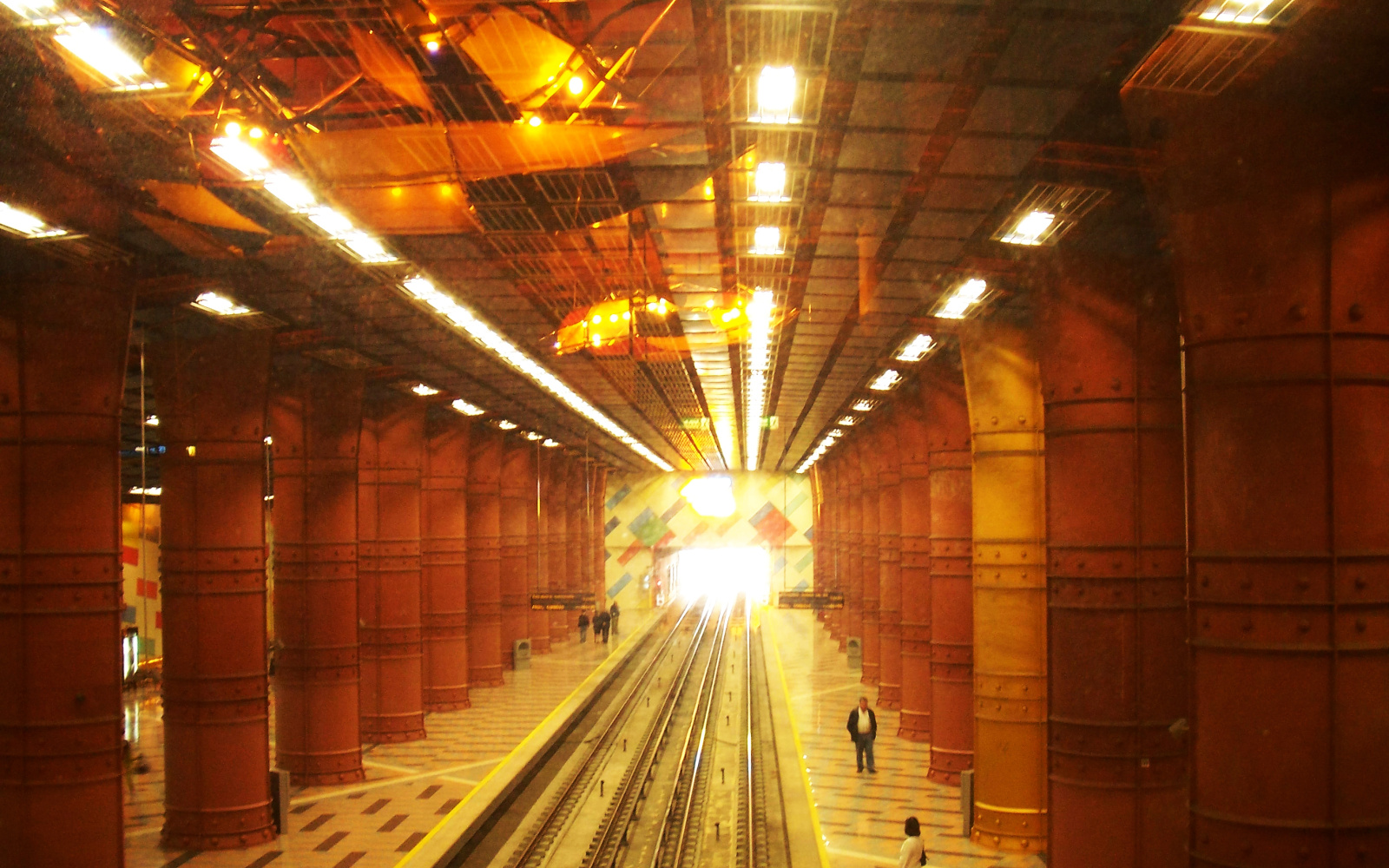Gerhard Hommer
Haunted Streets, Manhunts, and The Real Disseminated ca.1930
Weimar’s classic street films, such as Die Straße (Karl Grune, 1923), Die freudlose Gasse (G.W. Pabst, 1925), and Dirnentragödie (Bruno Rahn, 1927), are all driven by the longing for escape. The films suggest the street as a site of a suspension of constraints enforced in the domestic realm. Yet the escape is fleeting, and ultimately the protagonists return home. The street film’s “real” is notoriously depicted as male, bourgeois and organized along the dichotomies of inside vs. outside, home vs. street, marriage vs. prostitutes, etc. A partial dissolution of these conventional contrasts can be discerned, however, with the significant shift in Weimar street films at the end of the 1920s, best described as a dissemination of the “real” reflected, for example, in Ernö Metzner’s Polizeibericht Überfall (1928), Leo Mittler’s Jenseits der Straße (1929), or Fritz Lang’s M (1931). Around 1930 the urban street appears as a haunted space, a public sphere where the evil isn’t immediately or easily discernable; the street appears eventually as the site of manifold manhunts. Lang’s iconic film in particular shows the entanglement of disfigured threats and rational methods of street management and surveillance, decipherable not only in the visual but also the soundtrack. This paper investigates the ways in which objects, found or offered on the street, trigger film narratives, in which the pursuer of these objects ultimately meets a mortal demise. Weimar hunting society’s desire fails to appropriate its objects and transfer them into permanent possession; on the contrary the objects rather seem to consume its pursuers.
Gerhard Hommer studied German Literature and History in Munich, Prague, and Venice. Since 2012 he has been a research assistant in German Literature at the graduate program „The Problem of the Real in Modern Culture“ at the University of Constance, Germany. He is working on a dissertation on urban streets in Weimar literature and investigates the modes of perception of planners, visitors, and denizens of the street.
